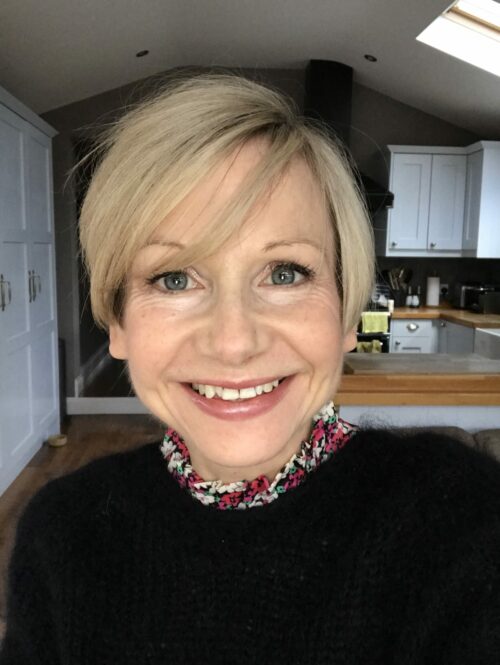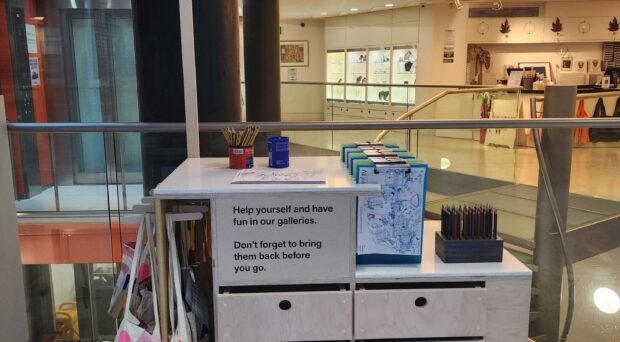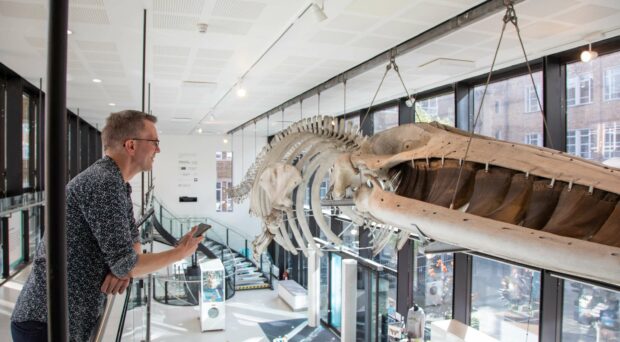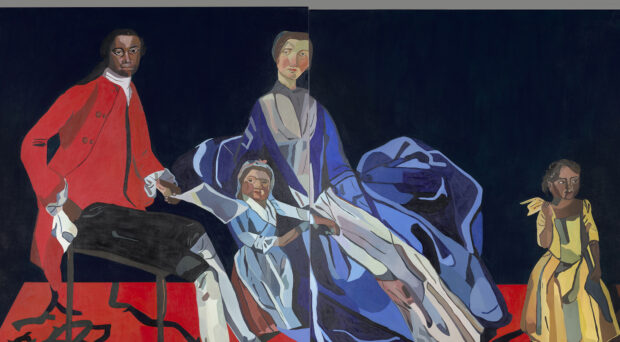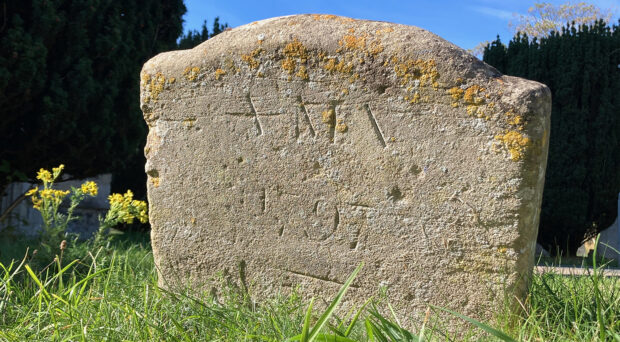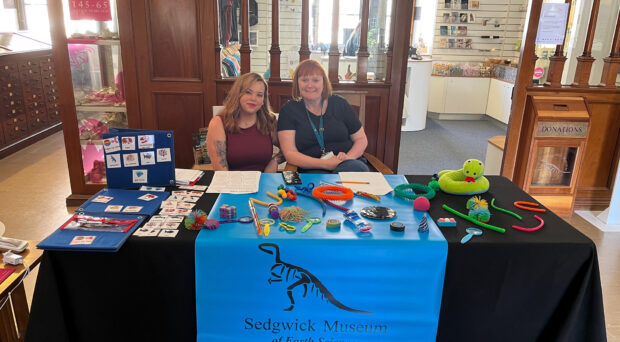Covering the period 1 July – 30 September 2024, this report provides an insight into some of the stories behind our NPO-funded activity delivered under our Collections In Action programme themes: Social Justice, Our Planet, Creating Opportunities, and Health and Wellbeing, as well as our underpinning Programme Enablement activity.
Our main themes of Social Justice, Our Planet, Creating Opportunities, Health and Wellbeing, and Programme Enablement are now well-established and provide a focus for our work with audiences and developing new ways of working.
UCM Social Justice and Our Planet research and development grants have contributed to the delivery of three projects during this period; all of which have allowed our collections to diversify their audiences, and establish new partnerships with local groups and creative practitioners. Alongside this, we have continued our work on programmes aimed at increasing access and creative opportunities across our collections.
Case Study: Social Justice
Working with a range of partners including the City Council’s Community Development team, our supported offer for local families aims to build participants’ confidence and address perceptions that museums are “not for me”. Partnering with organisations that are known and trusted by families, the visits are specially tailored to make families feel welcome and address barriers to accessing our collections. This includes the provision of transport, support from the museums’ learning teams, refreshments and ‘goody bags.’
We have put particular focus on enabling these opportunities to go to families that wouldn’t normally have the confidence to access these spaces independently. The offer of transport has been instrumental in helping this, as transport can often be a barrier preventing families from being able to attend.
Caroline Gill, Senior Community Development Officer (Children, Young People & Families), Cambridge City Council
This summer, we hosted visits for families at the Museum of Zoology, Sedgwick Museum and the Museum of Archaeology & Anthropology. Many of these families had not previously visited and were unaware of the free offer available to them.

of Archaeology and Anthropology
While these visits are primarily designed to build awareness of our museums and develop confidence in accessing our collections, feedback also indicates the importance of the programme in allowing families to spend time together.
“We enjoyed everything about the trip and learning new things for me and my children. It’s so different and I haven’t been before.”
Family visitors to the Zoology Museum“[I’d like to see] more things for families to do together over the summer. These things get us out the house doing something different.”
“It’s nice to be able to have something the whole family can attend together.”
Comments from parents
This summer we welcomed a new relationship with the Karim Foundation, a local charity which aims to relieve poverty and provide support for those in need. This can include refugees and asylum seekers, residents and migrants from ethnic minority backgrounds, and those who are isolated or with limited access to public funds.
Taking place during a period of anti-immigration riots and racist protests following the mass stabbing in Stockport, the group’s visit to the Sedgwick Museum highlighted the role that our collections can play in bringing communities together. At a time when many people, especially those of colour, felt uncomfortable being in public spaces, museum colleagues and partners within the Karim Foundation worked to reassure families about their trip and ensure they encountered a safe place in which to spend time.
“This has been great. I didn’t even want to come out today with everything that’s been happening but this has been something different for my little girl to do. I didn’t even know all this was here.”
“I liked the good reception from the ladies at the museum’s door who were smiling and welcoming everyone. I was very happy with this.”
Comments from parents

“From speaking to the families and watching them as they went around, I know that they have all really enjoyed it. We’ve been able to make them aware of what is available to them in the City, plus help connect them to the University which many would not think was not open to them. One lady said it was good for her children to enjoy something away from the unrest that happened recently.”
Shahida Rahman, Karim Foundation Chair of Trustees
The Karim Foundation highlighted how important it is for them to be able to offer these visits to their families. Very often, the Charity is responding to those in crisis situations such as needing access to food or additional assistance. To be able to provide “something fun that they can enjoy while spending time together”, is a valuable extension to their offer.
Case Study: Our Planet
Along with creating a platform for our museums and audiences to explore issues relating to climate change and its impact on biodiversity, recent Our Planet funded projects have allowed our museums to work collectively in: engaging new audiences; establishing new and meaningful partnerships with local groups; and have provided paid opportunities for local creative practitioners.
Science Connections
This summer, a specially designed trail brought together the collections of the Zoology, Sedgwick and Whipple Museums and allowed families to explore animal evolution while making links with present day environmental change. Having a single trail for use across all three museums ensured less printing and waste, and encouraged audiences to visit somewhere new.

Working with local designer and children’s illustrator Tonka Uzu, the museums were keen to create a resource that created opportunities for families to learn together and which they would want to keep as a record of their visit.
730 visitors picked up a trail over the summer with half of these visiting a collection for the first time. A follow-up survey for the activity also revealed that:
- 100% agreed that the trail had made them look more closely at museum objects
- 85% had been able to learn something new
- 100% had been able to get a better understanding of the natural world
Plant Evolution: Mixed Media Community Project
The positive impact of spending time in nature and green spaces is well-documented, as are the benefits of engaging in creative activities and learning new skills. Combining the therapeutic elements of both nature and art, a recent Our Planet project at the Botanic Garden, delivered in partnership with a local mental health charity, has seen participants respond imaginatively to the theme of plant evolution with the support of an experienced artist.

“It is massively relaxing, I love being able to come outside. Within 2 minutes you feel so different, it has a calming effect.”
“Generally, being somewhere with lots of plants and trees is lovely. Being around nature makes me feel calmer and being around wood too- there is lots of wood in the garden room- it is freeing.”
Participant comments
Make Do and Mend is a local community group who provide a safe space for adults who experience mental ill health to meet, socialise and learn new skills. In collaboration with the Botanic Garden and local artist Annabel Lee, the group has worked to create a large-scale immersive art piece depicting plant evolution which will be on permanent display in the Garden’s main teaching space. Using the Garden as a stimulus for art, the programme has focussed on developing the participants’ knowledge, skills and confidence, along with improving their sense of wellbeing. Over the course of six weeks, the group has explored the Garden, learned more about the plants within it, and been encouraged to respond creatively to what they have discovered.

Responding to the differing levels of confidence and need across the group, much time has been spent on ensuring a supportive environment that enables all participants to engage in the work. This has been facilitated by the artist and the
Garden’s Community Learning Team whose ability to adapt and respond to the group as individuals has been key in allowing all members to take part throughout the project. Adjustments have included allowing participants to drop-in when they are able, staggering times to suit individual needs, and supporting members on a one-to-one basis.
“It has been very helpful that it is 11am. These are good times, really therapeutic. I find it hard to disengage with the voices in my head but when I am creating I can do it. When I paint I don’t leave it to chance, I look at the canvas.
All of the team are so welcoming and accommodating. They have created a calm and inviting environment”.
Participants
The programme has had a significant impact on the participants, many of whom have been open about their mental health challenges. Reflecting on their experience, members of the group have shared how they have developed increased confidence in their own abilities, improved their knowledge and skills, and their enjoyment of working alongside others. Alongside the support and encouragement they have received, participants have also commented on how the Garden itself has impacted on their sense of wellbeing. In feedback, all participants strongly agreed they were able to relax and be themselves.
“It’s given me the kick up the bum I needed to start being creative again.”
“This [experience] has helped me enormously. It has opened up my realisation of art being good for your health and re-ignited my strong interest. My art teacher wanted me to carry on but I did other subjects.”
Participants“Some of the participants worked on a very large scale and found this in particular to be very confidence boosting and liberating. All of us, (myself included) wandered from time to time out of our artistic comfort zone, which of course, is often the key to new creative discoveries.”
Annabel Lee, Artist“Seeing the participants’ confidence in their artistic abilities grow over the course of the sessions and seeing how they connected with the Botanic Garden in ways they might not have done before was particularly uplifting.”
Louise Campbell, Botanic Garden Community Learning Coordinator
Following the end of the project, the aim from all sides is to keep the relationship going. A celebration event to unveil the artwork will take place before the end of the year, and the participants have discussed how they plan to continue using their free access to the Garden to gain further inspiration. A series of guided walks and standalone workshops is planned for the near future.
Case Study: Creating Opportunities
Despite being a city with a rich cultural offer and a renowned seat of learning, Cambridge has the fourth lowest score in the Social Mobility Index of all local authorities nationally for Young People (Cambridge City Council, Community Wealth Building strategy and approach, 2024). Working with strategic partner schools including North Cambridge Academy and Coleridge College, our specially-tailored Work Experience week offers additional layers of support to those young people who might experience greater barriers to accessing work-based learning opportunities due to social inequality. Based on evidence that exposure to arts and culture activities can have a positive impact on social mobility, this programme aims to develop transferable skills and build awareness of the alternative career paths available.

This summer students from North Cambridge Academy visited a number of UCM collections to find out about the large range of work that takes place in our museums. Hearing directly from museum colleagues and with special ‘behind the scenes’ access to areas including the Fitzwilliam Museum’s Manuscripts Library and conservation labs, the students got to try their hand at a number of work-based tasks throughout the week.
From taking over the UCM’s social media channels, shadowing visitor services staff, evaluating our museums as ‘Mystery Shoppers’, to handling rare artefacts, creating a museum trail, and learning more about ‘what is an audience’, the young people were able to bring their learning together in the creation of an exhibition at the Sedgwick Museum attended by friends, family and museum staff.


“I really enjoyed [creating] the exhibition and getting to work as a group.”
Comment from student

“We’re really proud of the young people and the display they curated. It highlights not only aspects of their week that they enjoyed, but what they’ve learnt and how they bonded as a group. It’s a chance for them to be creative and share their voices, ideas and experiences, working alongside each other and Museum staff on a shared goal.”
Rob Theodore, Exhibitions and Display Coordinator, Sedgwick Museum
Following the programme, there was a marked increase in the students’ awareness of the range of roles available within the cultural sector. When asked to think of jobs that people might do in a museum, responses at the start of the week included ‘cleaner, security guard, tour guide or “don’t know”’, but by the end of their placement, the group were able to give examples including, ‘curator, technician, conservator and visitor services hosts’.
Reflecting on their experience and learning across the week, 100% agreed/ strongly agreed that
- They felt welcome in the museums
- They had enjoyed taking part
“It was fun and varied as there were so many museums to explore. I really like finding out about them and what they were about.”
“I loved just looking at the museums.”
Comments from Work Experience Students
Case Study: Health & Wellbeing
A commitment to increasing equality of access to our museums and Garden underpins much of our Health and Wellbeing work: allowing audiences to engage with our collections in ways which suit their individual needs while helping to drive improvements in accessibility for all visitors.
Working in partnership with local charity Cam Sight, our line-up of Touch Tours for Blind and Partially sighted visitors has adapted over the years in response to feedback and input from participants and partners. This has included the themes and topics explored, how and where the events are promoted, and the provision of additional spaces for sighted companions and guide dogs.
Using subject expertise from collections’ staff and museum specialists, the tours place an emphasis on multisensory ways of exploring the collections and provide unique opportunities to get hands-on with artefacts; all aimed at enriching the experience of participants and bringing the subject to life.
A recent trip to the Museum of Archaeology and Anthropology explored the history of Cambridgeshire and invited the group to handle objects unearthed from the local area. Meanwhile, a brand new tour at the Botanic Garden developed in partnership with colleagues from the Museum of Zoology engaged participants with the sounds of nature as well as the smells and textures of the plants.

Along with hearing about the history of the Garden and chances to handle some of the plants, the tour included frequent stops to listen to and identify different bird songs along the way.
“I found the garden information very interesting and handling foliage and touching the bark and description useful. Combining the bird song and the Botanics created much interest.”
Participant
Feedback from participants indicates how the tours allow them to participate more fully with the cultural life of the city. As well as this, many emphasise the impact of the tours on their sense of wellbeing and the opportunity to connect to others.
“[In addition to gaining] a knowledge of birds and wildlife in the gardens, I also had a feeling of well-being after being out in the fresh air and walking. I enjoyed being with other people as I spend a lot of time on my own.”
“I enjoyed being in such a beautiful space and being able to meet other visually impaired people.”
Participants
We are continuing to respond to suggestions from Camsight and our visitors, and are currently working to make our marketing and evaluation more accessible to visitors with visual impairment.
Programme Enablement
Focussing on workforce development, partnership working and providing opportunities to share best practice, we continue to facilitate training and networking events across the consortium and local sector. Between July and September:
- An additional 18 people have their Carbon Literacy accreditation with further training sessions arranged until the end of the year.
- 10 volunteers have participated in Dementia Practice Development training
- The Change Makers Action Group (CMAG) have delivered bite-sized training and talks aimed at providing knowledge and a wider perspective on the situation in Palestine, the legacies of slavery and empire, and women in art including:
– From Gernika to Gaza: A Transnational Heritage of Aerial Attack
– Imagining Indigenous Futures for Colonial Collections
– Exhibition Tour: The Goddess, the Deity and the Cyborg
– (Re)Positioning African People in the UCM’s African CollectionsThe Group is currently conducting an all staff survey which will be used to inform future training and activity. - Sessions on Warm Welcome and SEND in museums have been delivered to 40 colleagues in the wider sector
- Our staff communications and internal website continues to provide information and sign-posting on additional training and local networking opportunities
- Our Evaluation and Research Coordinator has provided additional support and training on visitor tracking to individual museums

